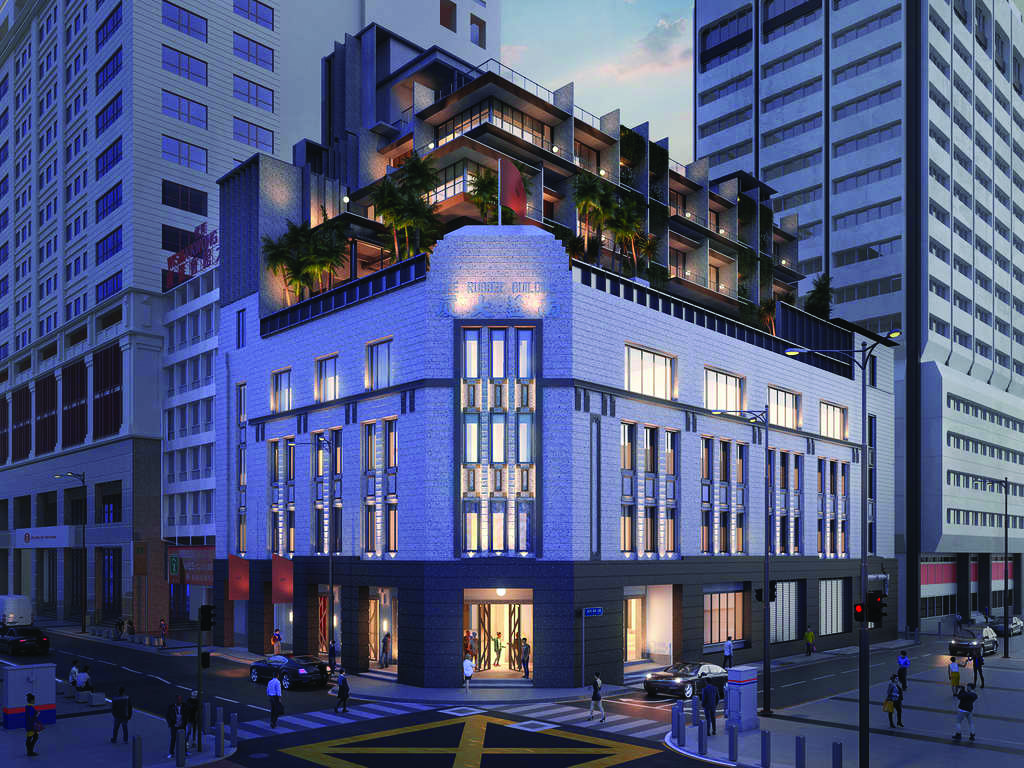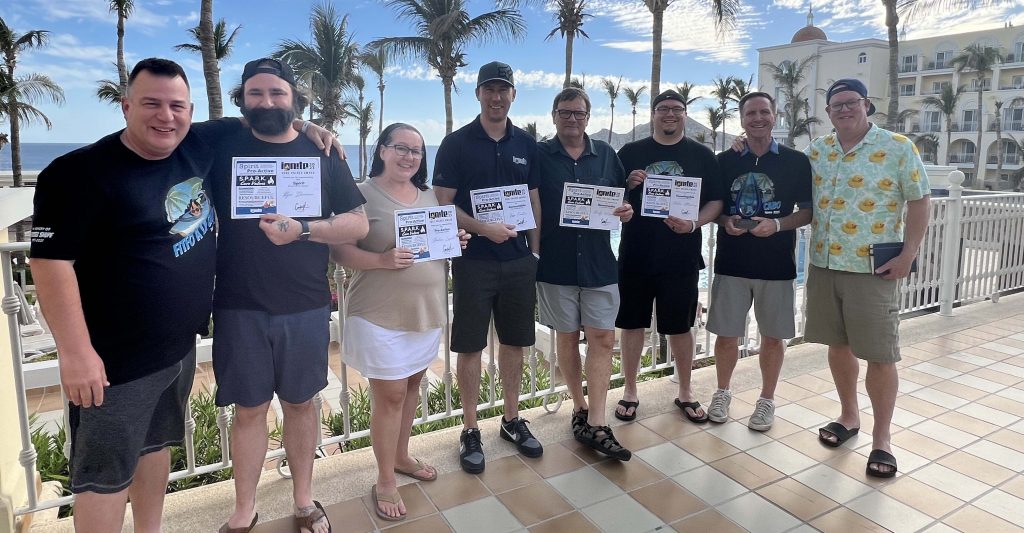
Else Kuala Lumpur styles itself as more than just a hotel. According to its website, the retreat aims to provide a home away from home for “people who journey to appreciate a foreign land and culture, but also relish stillness, reflection and self-discovery”.
The new hotel opened in July 2022 and is located in the historic Lee Rubber Building at the heart of Chinatown, one of the Malaysian capital’s most dynamic and up-and-coming districts. Designed by British architects and completed in 1930, the building was constructed with unique modernist art-deco touches on the site of the old holiday home of Yap Kwan Seng, Capitan China in Kuala Lumpur in the late 19th century.
Else Kuala Lumpur is small, offering 49 rooms. However, unique features create a special experience for guests, including a gym with sensory-deprivation pods, an infinity pool, and two different restaurants.
“We look to create a respite for the modern-day traveler at Else Retreat, which allows them to have all their travel luxuries met while promoting a life balance,” explains Javier Perez, one of Else’s co-founders.
Perez is a prominent figure in the Singapore F&B industry and was instrumental in shaping the design of the hotel’s ground floor restaurant, the Raw Kitchen Hall. This dining experience is an extension of his popular Raw Kitchen Bar in Singapore, which serves up Mediterranean and Asian cuisine, sometimes experimenting with a fusion of the two. His vision for the new restaurant was to “provide a space with vibrancy which tantalizes the palate and serves as a beacon in the neighborhood for great social engagement.”
Else is Perez’s first venture into hospitality overseas, and he needed to work with people he could trust to ensure his unique concept could be realized. The plan was for not just a traditional hotel buffet but a full restaurant and bar that could also offer room service and breakfast.
Luckily, Perez had the assistance of Eminent Foodservice Design Consultancy. “We’ve been really privileged,” says FCSI Associate Ben Ho, chief stewarding officer at Eminent. “Mr Perez is a longtime client and friend of mine.”
Perez in turn is equally laudatory of Eminent: “Working with [them] has always been a pleasure. They are consistent professionals and always available to attend to any and all matters.”
Challenges posed by heritage status
However, the project was not without its challenges. The Lee Rubber Building is a listed site under Malaysia’s National Heritage Act, which required some careful problem solving from the Eminent team when it came time to install the kitchen.
“Because it’s an old building, the shape of the foodservice area was limited, with some awkward corners,” explains Ho. “We came up with proposals upon proposals before deciding on what was necessary in the space.”
This was the first time that any kind of foodservice facility had been implemented in the Lee Rubber Building. Eminent had to work closely with a team of engineers to install exhausts, air conditioning, and mechanical ventilation throughout the site without compromising its heritage status. Especially sensitive was the building’s façade, and Eminent had to make sure nothing of this system could be seen from the outside.
Plumbing also posed a problem. “There is no basement,” says Ho. “The ground floor is as low as you can go.” Raw Kitchen Hall’s foodservice was being installed on the ground floor – this again required intensive cooperation with the engineers to bring Perez’s vision to life.
The challenges of the project were further intensified by the Covid-19 pandemic, which hit just as the project was getting underway in 2020. Suddenly, the Eminent team had to adapt to working remotely, all while delivering a tailored solution to their client.
Ho describes remote work as “a major learning curve: the team had to work a lot more closely to tie down certain details, but, due to the pandemic, we were not able to meet as often as we would like…
“There was a major delay, naturally… everyone had one of their hands tied.”
A continuing relationship
Despite this learning curve, the Eminent team managed to deliver.
“We are very pleased with the final result and how it has all turned out,” enthuses Perez. “Given that we had to work on the project throughout Covid, it has been a great execution on Eminent’s part. We look forward to continuing our working relationship with Ben and his team.”
For the challenges aren’t over just yet for Eminent Consultancy. A second kitchen is currently being installed on the fourth floor to serve Else Kuala Lumpur’s other restaurant offering, the Yellow Fin Horse, which is expected to be complete before the end of the year. This restaurant will be directed by renowned chef Jun Wong and hopes to deliver a menu that is both seasonal and surprising.
For Ben Ho and his team, this means surmounting similar obstacles to those encountered during the Raw Kitchen Hall project: they must continue to work around the spatial and legal restrictions imposed on them due to the heritage of the building.
Nevertheless, Ho is proud of the results so far, and his participation in the project. “We feel privileged to be a part of this because it feels very nostalgic, knowing that this is a building [with a] rich history and that we are installing advanced kitchens within it,” he reflects. “We are excited about being part of a new history for this building.”
BEN HO ON WORKING ON PROJECTS IN HISTORICAL BUILDINGS:
It took us a while to realize that the building is a landmark in Chinatown, Kuala Lumpur. Having been an architectural student during my younger days, I understand that all alteration and addition works executed within the premises of an existing old building come with myriad challenges, let alone a building that carries its own heritage.
Having to design a modern kitchen within what I guessed was the original space of the past kitchen increased the nostalgic experience, knowing that we were now a part of this building’s history moving forward. With that understanding and knowledge we’ve gathered, there was a deeper respect and sensitivity while putting designs forward for the client.
There is certainly a need for collaboration with all stakeholders involved, given the multiple limitations on the technical fronts. Care has to be taken to ensure that certain parameters were not breached, while preserving the integrity of critical structural components.
The recipe for success with a project in a building of historical significance requires a mix of an appreciation of the heritage, keeping in mind the parameters set in place, but also stretching the limitations while adhering to the desired outcome of the foodservice project.
Elsie Clark






